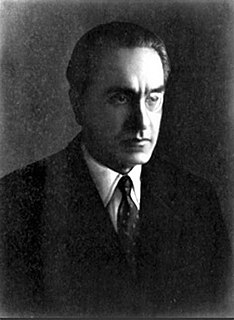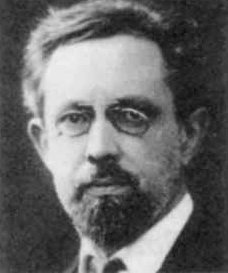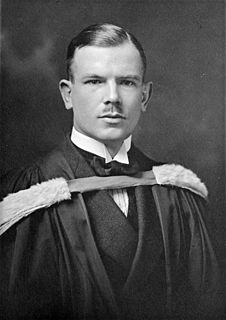A Quote by Carroll Quigley
Capitalism might be defined, if we wish to be scientific, as a form of economic organization motivated by the pursuit of profit within a price structure.
Quote Topics
Related Quotes
Unlike economics, whose sole preoccupation in our finance-obsessed era is the near-term profit motive, history offers a way to place our tiny lifespans in a narrative that spans dozens of generations - perhaps even reaching into a future where capitalism is no longer our dominant form of economic organization.
Prior to the advent of the civilization of the Third Estate (mercantilism, capitalism), the social ethics that was religiously sanctioned in the West consisted in realizing one’s being and in achieving one’s own perfection within the fixed parameters that one’s individual nature and the group to which one belonged clearly defined. Economic activity, work, and profit were justified only in the measure in which they were necessary for sustenance and to ensure the dignity of an existence conformed to one’s own estate, without the lower instinct of self-interest or profit coming first.
Within a social structure, a familial structure, or a cultural structure of various kinds, there is a substitute for actual freedom. I mean, actual freedom is a very abstract notion; we have no idea what it means, except within a context - freedom to do what? So within these social structures, freedom becomes defined as power, your ability to make choices, and the power relationship within a family, any family.
Capitalism may even be identical with the restraint, or at least a rational tempering, of this irrational impulse. But capitalism is identical with the restraint, or at least a rational tempering, of this irrational impulse. But capitalism is identical with the pursuit of profit, and forever renewed profit, by means of continuous, rational, capitalistic enterprise.
Capitalism as a social order and as a creed is the expression of the belief in economic progress as leading toward the freedom and equality of the individual in a free and open society. Marxism expects this society to result from the abolition of private profit. Capitalism expects the free and equal society to result from the enthronement of private profit as supreme ruler of social behavior.
The strategic stimulus to economic development in Schumpeter's analysis is innovation, defined as the commercial or industrial application of something new---a new product, process or method of production, a new market or source of supply, a new form of commercial, business or financial organization.
We've now become conscious of the uncalculated social, economic, and environmental costs of that kind of "unconscious" capitalism. And many are beginning to practice a form of "conscious capitalism," which involves integrity and higher standards, and in which companies are responsible not just to shareholders, but also to employees, consumers, suppliers, and communities. Some call it "stakeholder capitalism."
Viewed as a means to the end of political freedom, economic arrangements are important because of their effect on the concentration or dispersion of power. The kind of economic organization that provides economic freedom directly, namely, competitive capitalism, also promotes political freedom because it separates economic power from political power and in this way enables the one to offset the other
In the course of history periods of capitalism and socialism alternate with one another; capitalism is the unnatural, socialism the natural economic system... The National Socialists and the Red Front have the same aspirations. The Jews falsified the Revolution in the form of Marxism and that failed to bring fulfilment.
Medicine, as we are practising it, is a luxury trade. We are selling bread at the price of jewels... Let us take the profit, the private economic profit, out of medicine, and purify our profession of rapacious individualism... Let us say to the people not 'How much have you got?' but 'How best can we serve you?
Capitalism, the ogre of those protesting Wall Street, has suffered a public relations crisis in the wake of the global economic collapse. But any remedy to the systemic corruption that led to the collapse should not displace recognition that capitalism creates wealth. Capitalism, and no other economic system, has raised millions from poverty around the world.






































